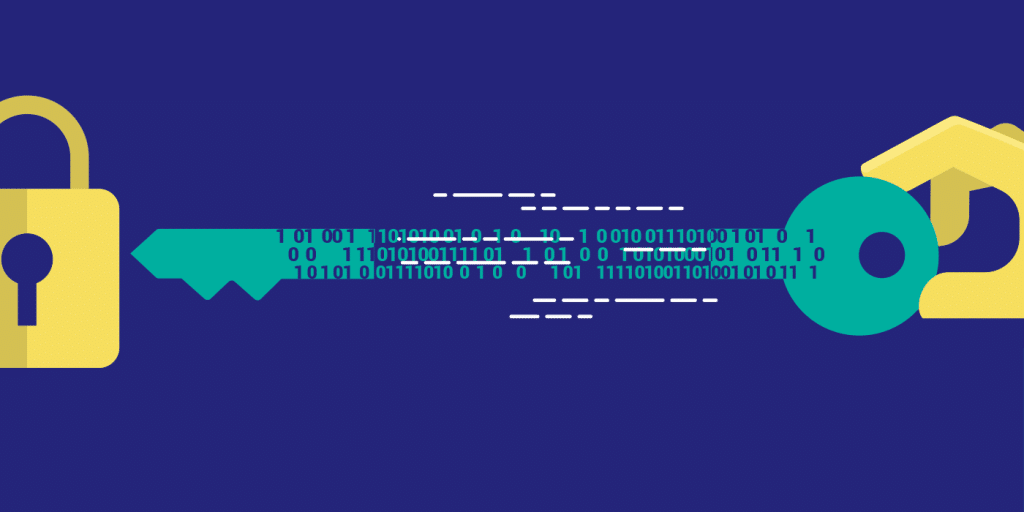Many small businesses neglect cyber security because they think that they are too small to be target by cyber criminals. That assumption couldn’t be further from the truth.
According to The National Cyber Security Alliance, around 20% of small businesses experience cyber-attacks every year. As a result, about 60% of these businesses are forced to close within six months of being hacked.
If you are an entrepreneur with a growing start-up, you should be mindful of its security aspects from the very beginning. Being aware that cyberattacks happen to all kinds of businesses and taking every precaution from day one, will save any entrepreneur a lot of money, trouble, and worry. Several online sources such as a cyber security course can help one understand the concepts and protect against malicious cyber attacks.
However, protecting small businesses’ cybersecurity may seem a task easier said than done. Don’t worry if you haven’t thought about the matter earlier. In case you are new and don’t know much about online security, Bulletproof has got your back. Their privacy and safety system can monitor your company’s data flow and catch any suspicious actions.
Using an external system to help your business maintain it’s privacy is almost an indisputable necessity for your company to function properly. Nevertheless, there are some additional precautions you may want to take to make to ensure your small business grows in a safe and secure environment.
Strong and Secure Passwords
Any account that is created for a new employee requires strong passwords. Administrative privileges should only be given to the small group of employees, responsible for the company’s general administration processes.
Every day different small businesses encounter data breaches of sensitive data due to weak cyber security measures. Strong passwords mixed with reputable antivirus software should keep your brand safe from hackers and snoopers.

If creating passwords appears to be a daunting task for you or your employees, you can always use a trustworthy password management system or application.
Educate the Staff
Small business owners should make sure all the staff knows how to act in case a cyberattack happens.
One of the most common reasons for data breaches is the delayed reaction. The sooner the staff can recognize and detect a loop in the system or suspicious activity, the higher chances of fixing the problem on time.
Take Proper Care of Remote Workers
Conducting security workshops is one of the best practices for small businesses whose employees work remotely and use personal devices to work.

When it comes to remote workers, ask them to avoid using public wi-fi, and remind them to use a VPN when using their at-home wi-fi.
Back-Up Everything
There are not enough words to praise the importance of a back-up. Back everything up twice, if not three times, to limit the possibility of a data breach or even loss.
Every start-up should have their data backed up on several disconnected devices. There should be regular updates every month or so, to minimize the possibility of a cyberattack.
Additionally, all unnecessary data should be deleted securely and immediately.
Experts Know Best
If you are taking advantage of cyber security practices to save a small business from being hacked, you will need cybersecurity experts to keep an eye on the protection systems.
Investing in a cybersecurity expert may not seem necessary initially, but it should pay off in the long run. They will be the first to act if something goes wrong. So if you’re looking for a cybersecurity solution for your business, you can get in touch with PacGenesis.
Encode, Encrypt, Divide
One of the best practices for small business cybersecurity is to encode, encrypt, and divide the customer’s online data.

Storing personal information in different locations decreases the chances of a single security breach destroying the whole database.
By separating and sectioning sensitive information, you keep your business safe and organized and clear to read. It is a solution that should satisfy both clients and employees.
Conclusion
Cyber security threats endanger all sorts of businesses, from well-known companies to small start-ups.
Small businesses may be concerned they don’t have the necessary resources to keep cybersecurity on a high level and the probability of cyberattacks lower. However, maintaining any business safety doesn’t require tremendous amounts of money or time.
Some of the best practices concerning cyberspace include educating employees about safety procedures, dividing and backing up the customer’s personal information to avoid a data breach, and creating strong and secure passwords.
Protecting confidential information and maintaining business safety should be one of the prior goals to any start-up wishing to grow smoothly and securely.













You make a great point about how unnecessary breaches can be blocked. I need to hire a guard to protect my office. We have had break-ins lately.